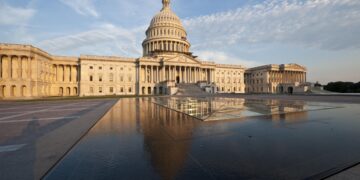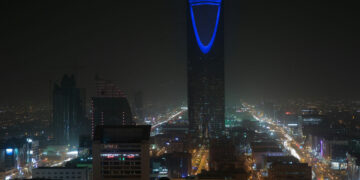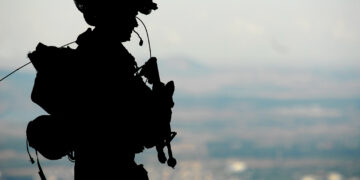October 4, 2024
Nasrallah assassination will only make Israel less safe
By Daniel Davis
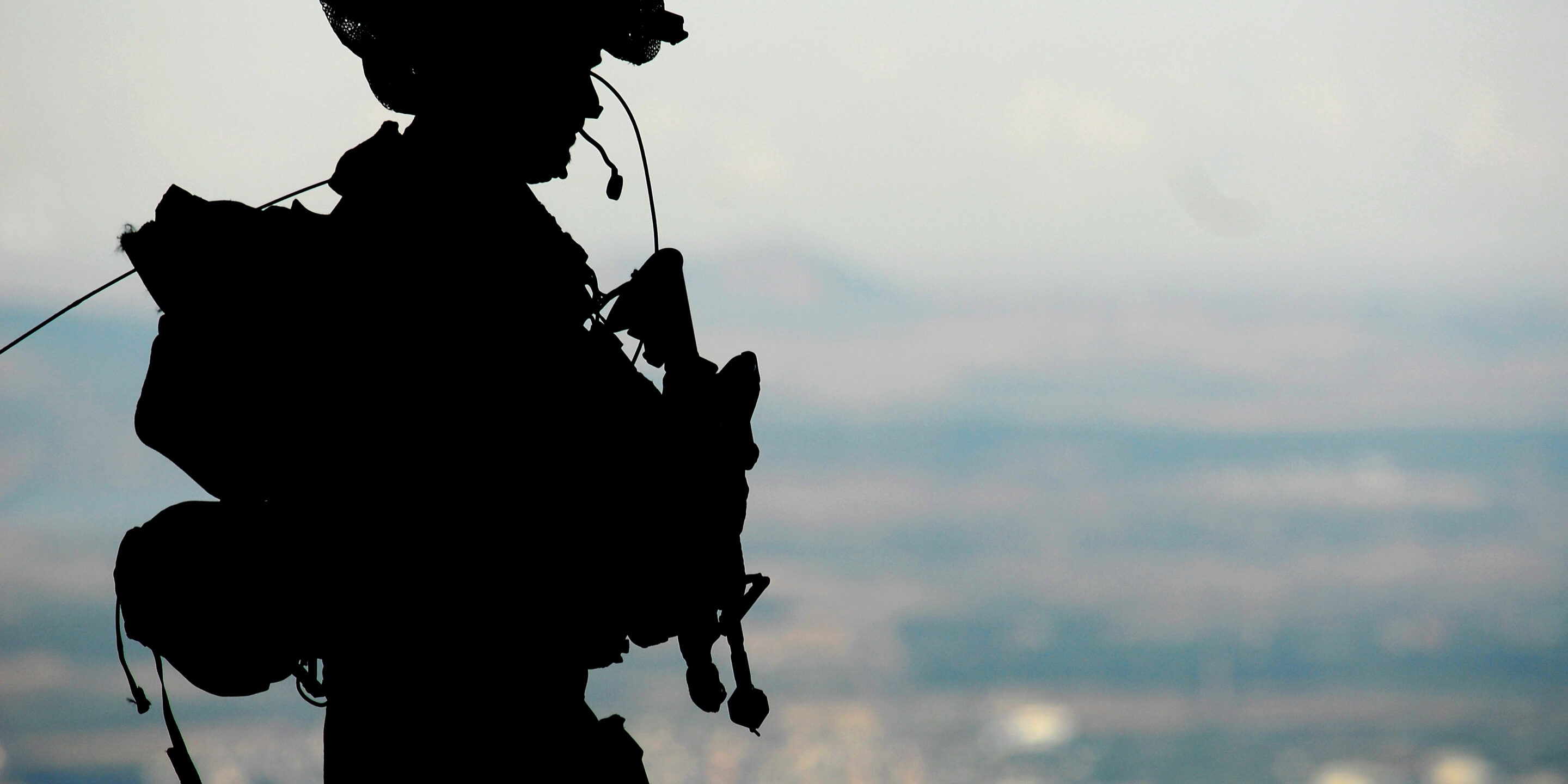
Many in the Middle East and America hailed the September 27 Israeli assassination of Hezbollah leader Hassan Nasrallah. Television stations in Israel had singing and dancing in their studios and some reporters handed out chocolate on the streets.
In time, they may come to regret these celebrations.
Hassan Nasrallah was many things, but he was a cautious and pragmatic politician at heart. He used many inflammatory words in often-fiery speeches over the years, but kept his actions restrained. He held back many of the most violent and reckless voices within Hezbollah, seeking to thread the needle of keeping up resistance against Israeli strength while avoiding anything that might invite an Israeli military response.
The day after the October 7 terrorist attack by Hamas, Hezbollah fired a limited number of rockets and artillery shells against Israeli targets “in solidarity” with the Palestinian people, 300 of whom had been killed in the first 24 hours by the Israel Defense Forces (IDF) in response to the terrorist attack. In the early days of the war against Hamas, there was concern that Hezbollah might attack the IDF, putting the latter in a two-front war. Nasrallah restrained his troops, however, and no northern front was ever opened.
Author

Daniel
Davis
Senior Fellow & Military Expert
More on Middle East
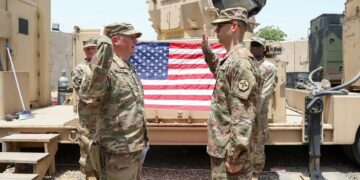
Featuring William Walldorf
March 6, 2025

